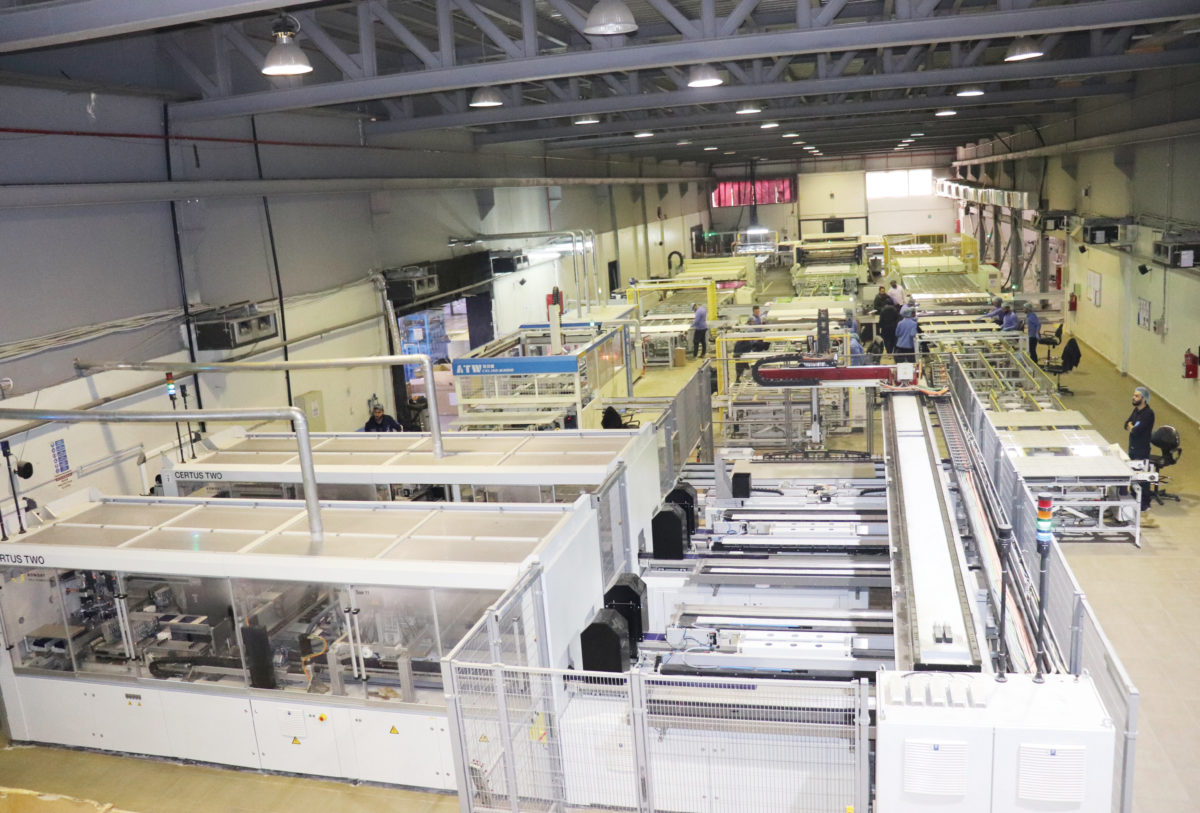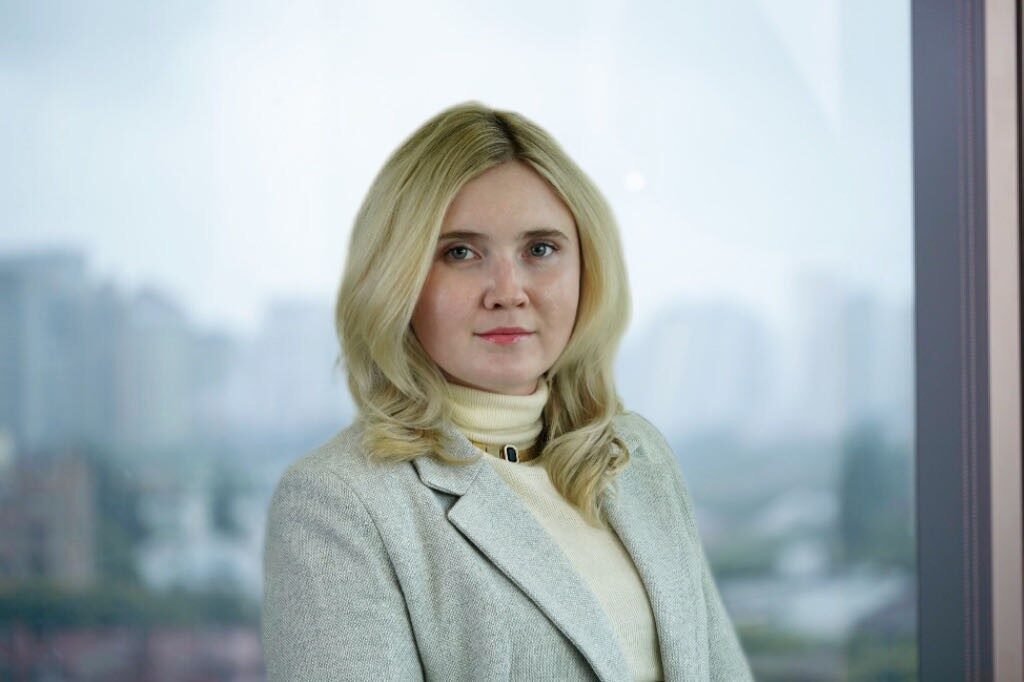Philadelphia Solar, a Jordanian PV manufacturer and project developer, plans to increase the annual production capacity of its solar module factory in the Al Qastal Industrial Area, near Amman, from 220 MW to 500 MW.
In a statement to pv magazine, the company said that it will add two more production lines to the two that are already operating at the facility. With the new lines, the company will add half-cell and bifacial mono PERC panels to its current product range. It is investing around $4 million in the production expansion.
“We are fully booked already for this year 2019, and there is a high continuous demand specifically in the U.S., therefore we have to increase our capacity to meet the current demand in hand,” a company spokesperson said. “This new capacity extension will also help to reduce costs.”
Philadelphia Solar also claims that, to the best of its knowledge, the expansion of the facility to 500 MW will be higher than the total production capacity of all solar PV modules factories throughout the Middle East and North Africa combined. The panel maker currently makes both mono- and multi-crystalline modules at its factory, ranging in power from 265 W to 380 W, as well as mounting structures.
Diversified business
Philadelphia Solar has announced a series of interesting deals and projects in Jordan over the past month, including the Middle East’s largest solar-plus-storage project and a long-term PPA with Jordan's National Electric Power Company (NEPCO) for a 68 MW installation. In Jordan, renewable energy power systems that have “Jordanian-origin labeling” entitle developers to an additional 15% feed-in premium tariff.
According to Evaluating Renewable Energy Manufacturing Potential in the Arab Region: Jordan, Lebanon, United Arab Emirates, a report that was recently published by the International Renewable Energy Agency (IRENA) and the United Nations Economic and Social Commission of Western Asia (ESCWA), Philadelphia Solar could “motivate other local industries, such as the glass industry, to enter the solar PV market, for example in module assembly.” The company is the largest of Jordan’s two PV module manufacturers, competing against Aqaba-based Wiosun.
Limited know-how relating to components such as wafers, cells, glass and inverters — as well as limited R&D capabilities — are among the biggest challenges facing Jordan's domestic panel industry, along with the small size of the country's solar energy market.
This content is protected by copyright and may not be reused. If you want to cooperate with us and would like to reuse some of our content, please contact: editors@pv-magazine.com.




2 comments
By submitting this form you agree to pv magazine using your data for the purposes of publishing your comment.
Your personal data will only be disclosed or otherwise transmitted to third parties for the purposes of spam filtering or if this is necessary for technical maintenance of the website. Any other transfer to third parties will not take place unless this is justified on the basis of applicable data protection regulations or if pv magazine is legally obliged to do so.
You may revoke this consent at any time with effect for the future, in which case your personal data will be deleted immediately. Otherwise, your data will be deleted if pv magazine has processed your request or the purpose of data storage is fulfilled.
Further information on data privacy can be found in our Data Protection Policy.